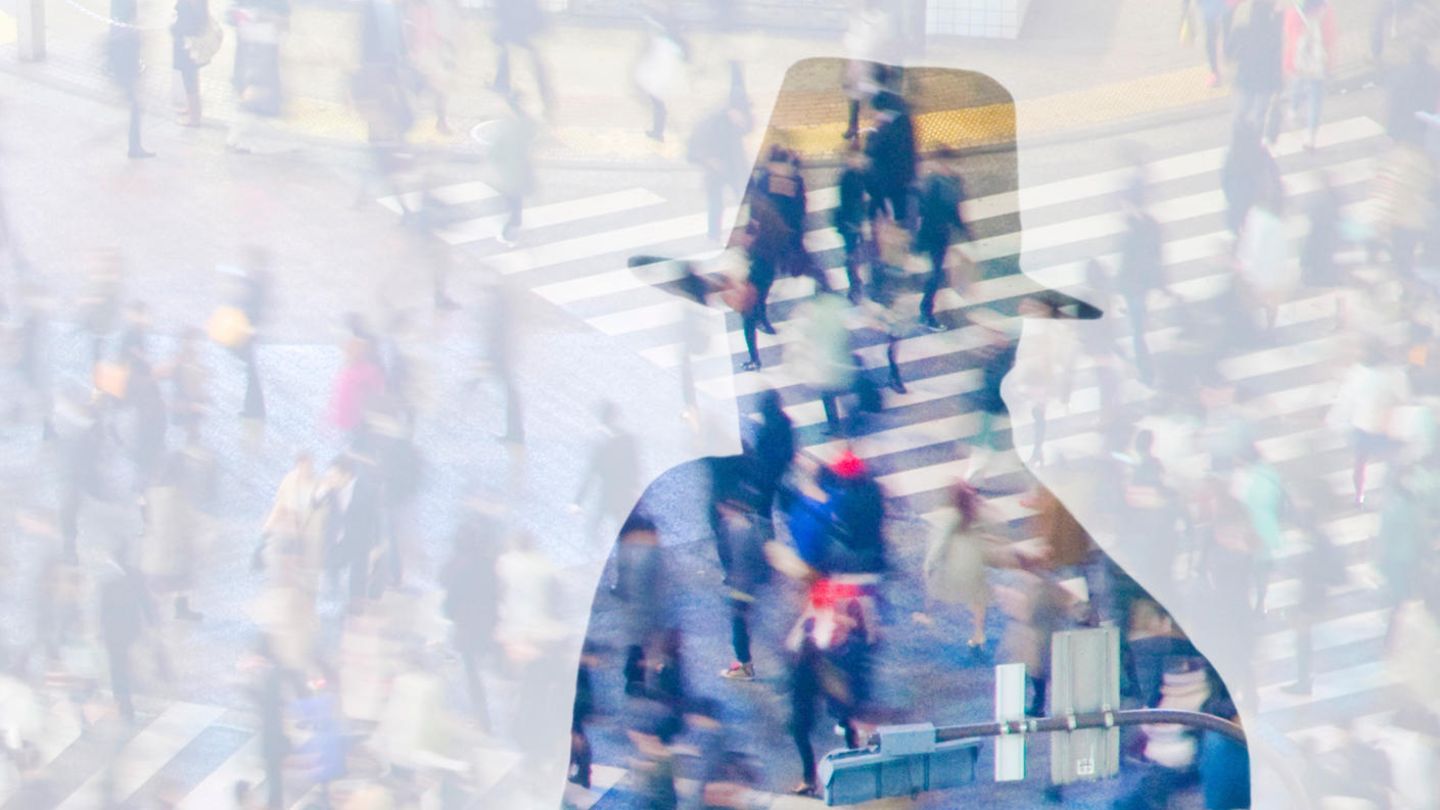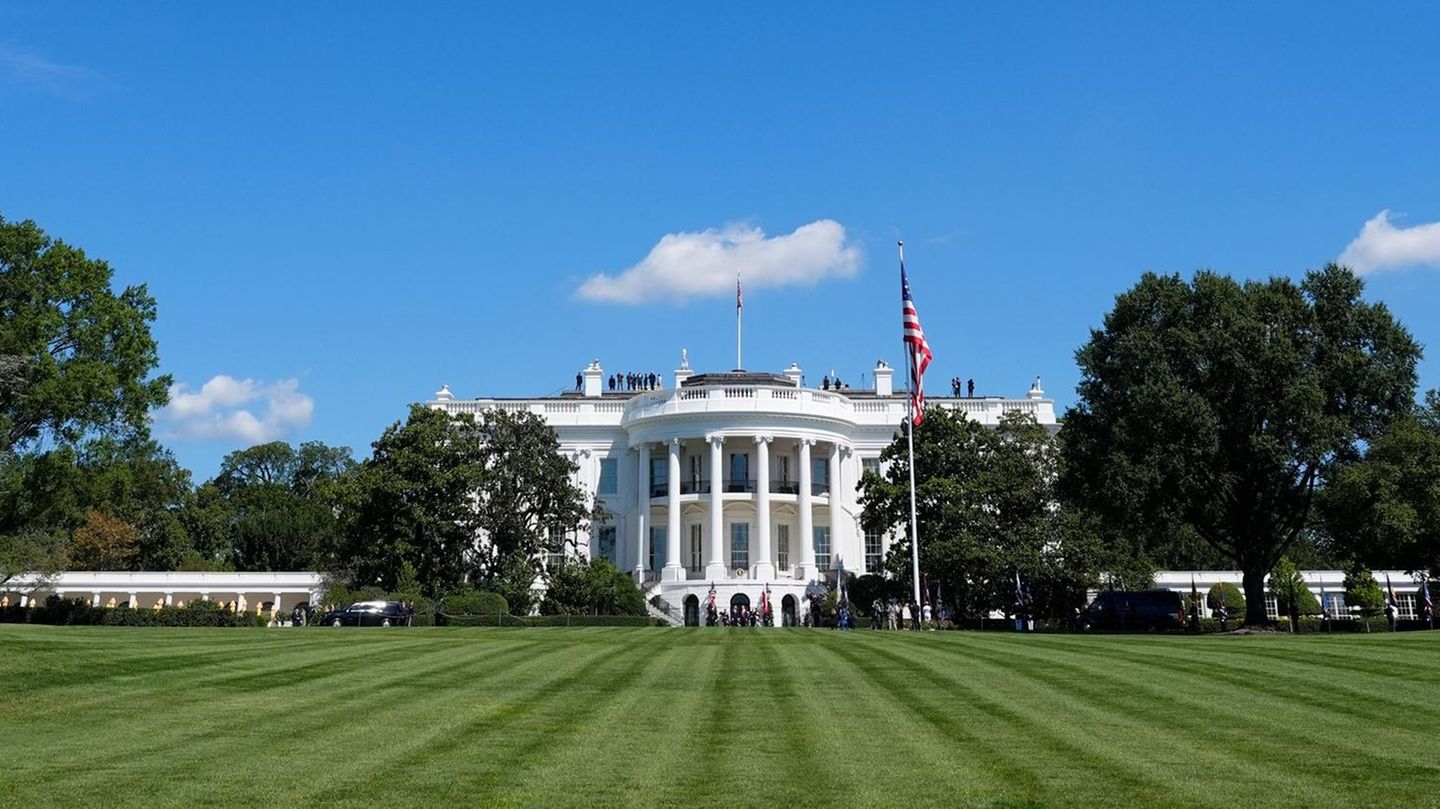Fear for personal safety has also increased. Almost 60 percent do not trust the federal government to take the right measures in the Ukraine crisis. The survey was conducted between May 3 and 5 among 1,000 people and is representative of internet-savvy people in Austria between the ages of 18 and 65, according to study leader Dieter Scharitzer, WU Professor at the Institute for Marketing Management. There were some of the same questions in a survey in March.
While at the beginning of the war in March almost nine out of ten Austrians found out about the current situation at least once a day, at the beginning of May it was only six out of ten. According to Scharitzer, emotional impact has fallen from three quarters to two thirds, with everyone feeling equally affected. There are no differences according to age, gender or school education.
In contrast, in March only a quarter of those surveyed were concerned that their own economic situation would be adversely affected by the war – around 60 percent now rate this risk as high. One in three currently also sees their personal safety as being at risk; in March only one in five saw it that way.
Above all, Austrians fear negative economic consequences, above all a surge in inflation and an energy crisis or a general financial crisis, which threatens eight out of ten respondents. Six out of ten people fear empty supermarket shelves. But quite a few also consider a Russian attack on western countries (45 percent) or even the use of nuclear weapons (42 percent) to be “rather” or “very” likely.
According to this survey, Chancellor Karl Nehammer (ÖVP) was not able to score points with his visit to Russia’s President Vladimir Putin. A little more than half of those questioned rate this visit negatively, a little more than a quarter positively, the others are undecided. Only 36 percent support arms deliveries from the West to Ukraine, while 47 percent reject them.
Source: Nachrichten




